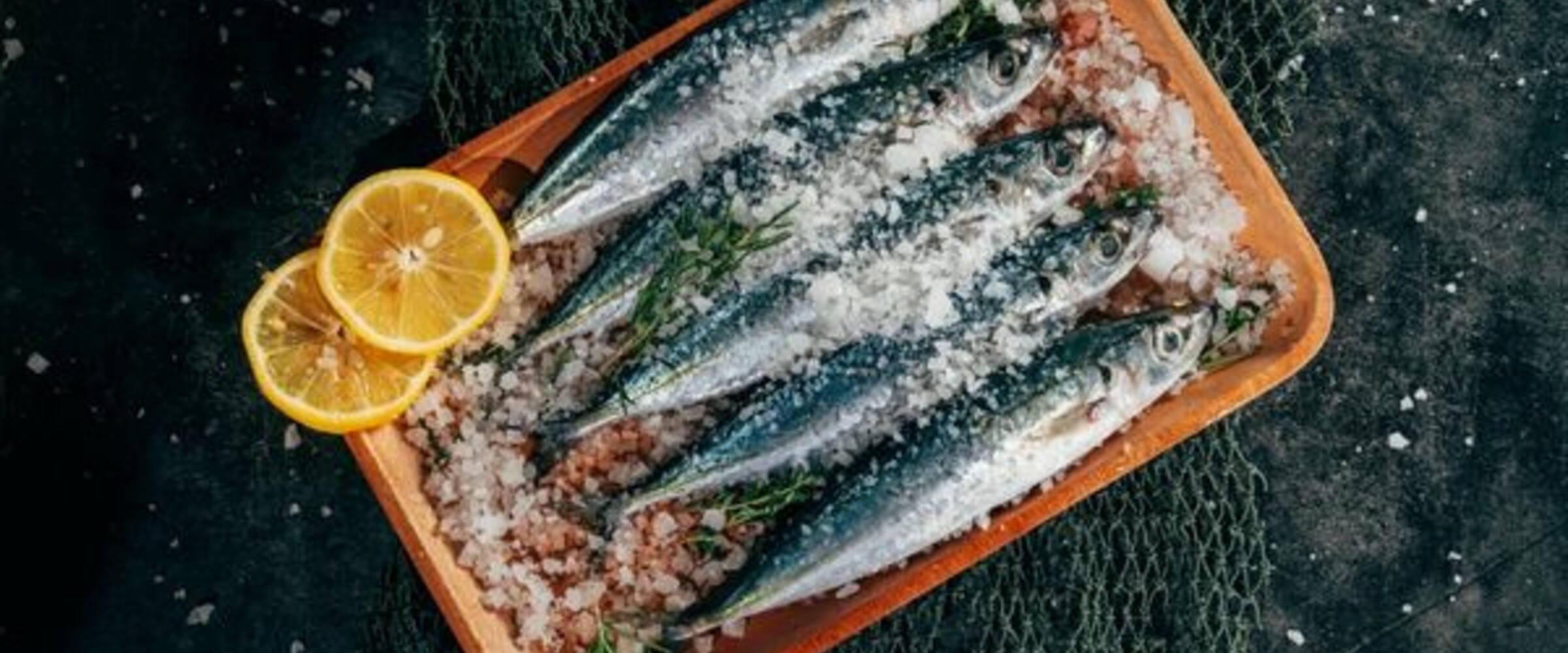
Why is iodine important to preconception and pregnancy health?
One in six Australian couples struggle to conceive and for many of these couples it is important to understand that lifestyle factors such as weight and diet can play an essential role in improving your fertility.
Oftentimes, simple modifications to diet are recommended when a woman starts trying for a baby to increase the likelihood of a successful pregnancy. One common recommendation for a woman trying to conceive is increasing the intake of iodine, a nutritional mineral which helps to ensure healthy fertility, conception and pregnancy.
The importance of iodine in preconception health and pregnancy
So, why Iodine? Iodine is an essential chemical component of thyroid hormones which controls our metabolism. And so, iodine is an essential part of our diet to support normal growth and development in the body.
Prior to conceiving, thyroid hormones regulate ovulation, as well as metabolism and weight management - all important factors in improving your chances of getting pregnant naturally.
Once pregnant, iodine is particularly important for a developing fetus as the thyroid hormone is also involved with brain development. Which means that a deficiency in iodine in a pregnant woman can cause learning difficulties and stunted growth and affect the intelligence of the baby.
Interestingly, a 2011-12 National Health Measures Survey (NHMS) showed that iodine levels were relatively low among women of childbearing years. While most women aged 16–44 years had sufficient iodine levels, around 18% had levels less than half the recommended concentration.
Likewise, nearly two thirds of women of childbearing years had iodine levels below the World Health Organisation (WHO) recommendation for pregnant and breastfeeding women. It’s clear that there is a need for more iodine in women’s diets, so let’s see how we can increase those levels.
How can I get more iodine in my diet?
As iodine is not made by the body, obtaining iodine through food supply is paramount for women trying to conceive. Good sources of iodine can be found in a variety of foods and products, including:
- bread fortified with salt (the mandatory fortification of bread with iodised sale was introduced in Australia in 2009)
- seafood (but avoid seafood with high levels of mercury such as shark, orange roughy, swordfish and ling)
- seaweed (such as kelp, nori, kombu, and wakame)
- iodised salt
- some vegetables, such as baked potatoes, canned corn and green beans
- dairy products, such as yoghurt and milk, and
- multivitamins that contain iodine.
However, since pregnant women need higher levels of iodine, eating your regular two serves of seafood each week will not be enough to meet a woman’s iodine requirements during pregnancy. This is why many prenatal vitamin supplements also include iodine. Women planning a pregnancy should check that their supplement does include iodine and if in doubt, discuss with your doctor.
Next steps
Iodine and the role of thyroid hormones are important to your fertility and baby.
If you have any particular concerns or questions about your iodine intake and how it may be affecting your ability to conceive, we recommend you speak with your GP or fertility specialist who can check your iodine levels.
Learn more: pre-pregnancy health QLD, pre-pregnancy health NSW, pre-pregnancy health VIC, pre-pregnancy health TAS, pre-pregnancy health Singapore
